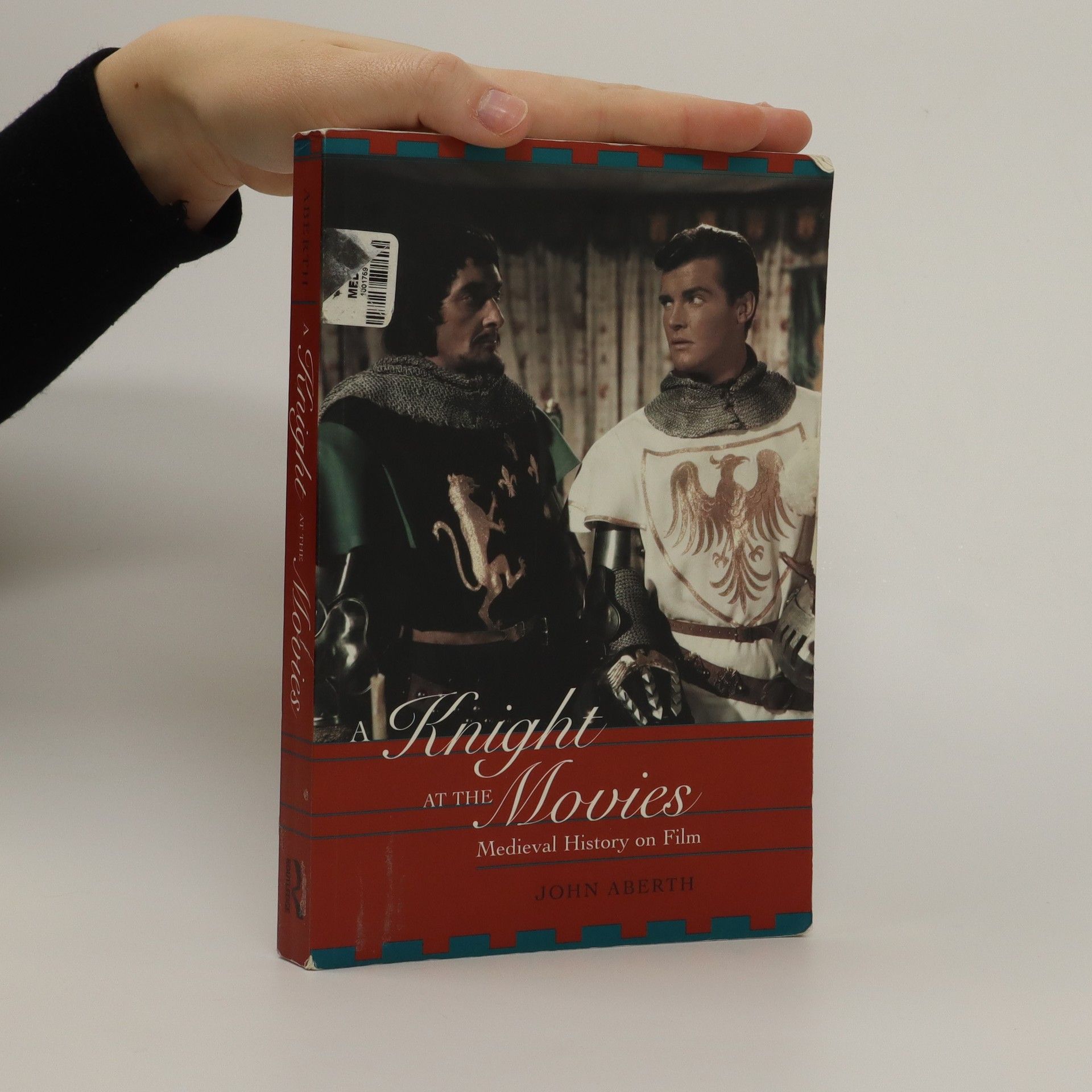First Published in 2003. Routledge is an imprint of Taylor & Francis, an informa company.
John Aberth Livres
1 janvier 1963


The book delves into the medical response to the Black Death, highlighting the human experiences of doctors through translated plague treatises. It captures their personal anecdotes and struggles as they sought to comprehend and combat a devastating new disease, offering a unique perspective on the historical context of the epidemic.